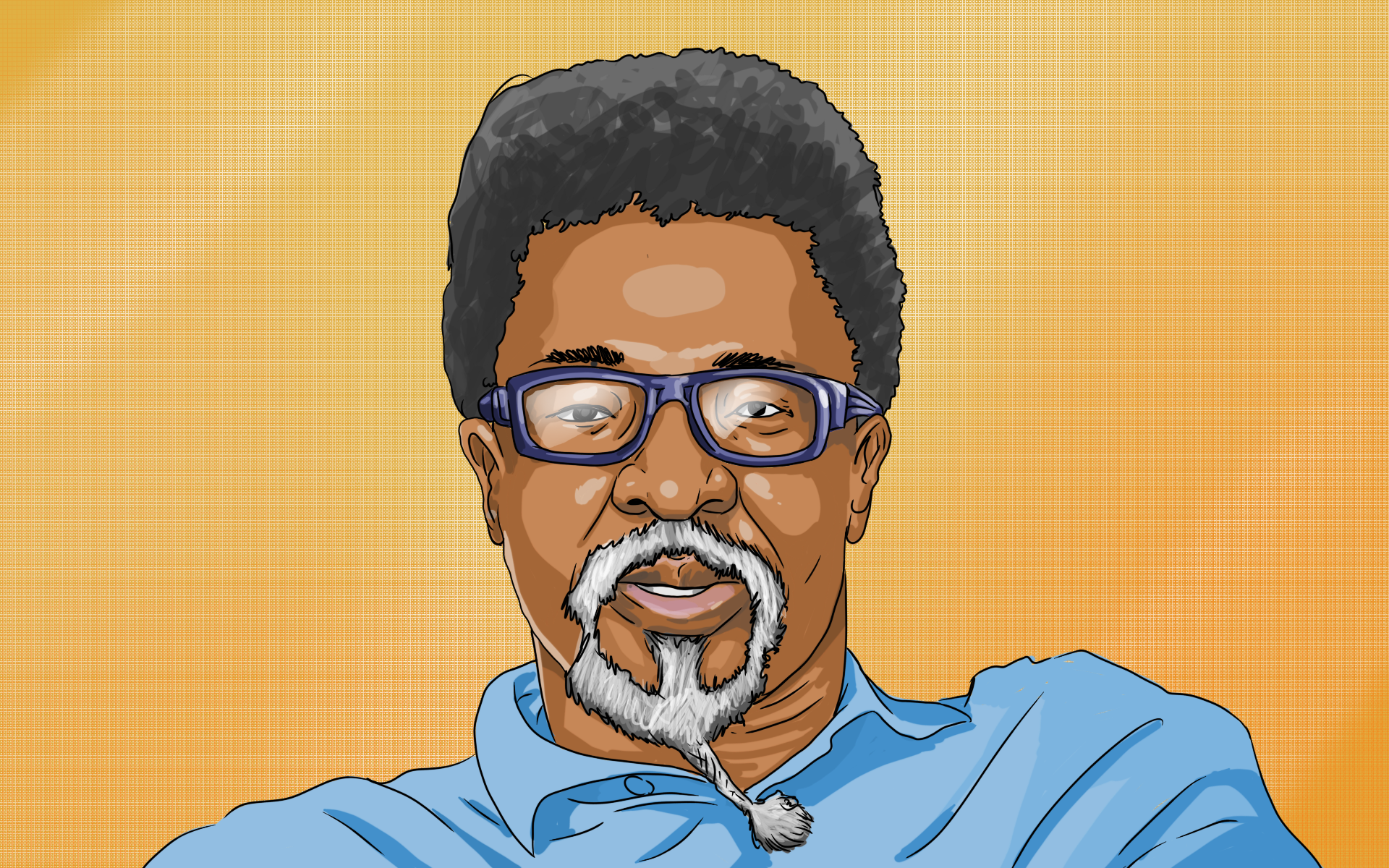The debate over guns in the United States of America does come across as macabre at times. The most obvious question from the many that rifle through the conversation around this matter is: Why would a nation of 330 million people, that is not at war with another country, or with itself have nearly 400 million guns in private hands? In other words: Are the existential threats to the average American that much more than other nationals face? Or are America’s law and order infrastructure so decrepit citizens must do personal security themselves? Come to think of it, and without waiting for answers to any of these questions, is it a stretch to conclude that with 45,222 Americans (a large number of these minors) killed by firearms in 2020, it is debatable that the US is not at war with itself?
The more important war, however, in the U.S., is the culture war. This pitches attempts by a growing anti-gun movement to control access to, the bearing and use of firearms in the country against those who uphold the constitution’s provision for the ordnance requirements of “a well-regulated militia” – a right that was interpreted by the Supreme Court in 2008 to include individual’s freedom to keep military grade arsenals at home. The thing is that the history of gun violence in the US, underlined most graphically, recently, by the shootings in Buffalo, New York and Uvalde, Texas reinforces the concerns of those who would restrict firearm use in that country.
Also Read: Are we stuck with this Constitution?
The argument that “guns do not kill, but people do”, one that is regularly rolled out by advocates of gun ownership, is just as true as the one that underlines the quantitative difference in the potential harm that may be caused by two people, both with homicidal intent, but only one of whom has access to an assault rifle. This is an argument illustrated most powerfully by the 1994 attempt by Hutus in Rwanda to wipe out their Tutsi neighbours from the earth. In the hundred-plus days between April 7 and July 15, 1994 , the former bludgeoned to death nearly 662,000 Tutsis and their Hutu sympathisers. Swap the machetes and cudgels with which this outrage was wrought for firearms and the carnage would have been that much more and the period over which the genocide was attempted that much shorter.
All of the anti-gun advocacy notwithstanding, the counter-argument, the pro-gun lobby one in the U.S., for all the adverse consequences from arming the populace to the teeth, is not necessarily illegitimate either. And this is not only because it earths itself in the textual interpretation of the U.S. constitution. That constitution apparently grants its citizens (whether or not in a people’s militia is a different argument) the right to bear arms, as it does a smorgasbord of other such rights whose upholding (by one of the world’s most litigious countries) is one argument in the case for the U.S.’s exceptionalism.
The ”Left” in the U.S. could argue on this point that not all that is legal is expedient. But in spite of the subsequent damage from this right ought it not to be as difficult to change as a right to free speech for example? In other words, by setting a very low hurdle for voiding the right to bear arms (because of the many avoidable gun deaths in the U.S.) does the country not set a dangerous precedence for the voiding of other such laws? In this respect, although I rarely agree with his rulings, I sympathise completely with Justice Clarence Thomas’ (New York State Rifle & Pistol Association v Bruen) worry that a “right” ceases to be so called if I must justify to some other authority my need to enjoy it.
Also Read: State Legislation of Electric Power- Silver Bullet to Nigeria’s Power Woes?
The constitution cannot guarantee a right to every citizen on one hand, only for an agency of the state to vary it subsequently – no matter how well intended this amendment may be. In result, one conclusion is suggested by all this. The burden posed by the debate over guns in America is one consequence of the failure of the country’s political institutions. A failure that has included attempts to foist rule-making on the nation’s courts. If there is a need to vary (and hopefully, one day, repeal) U.S. gun laws, then the legislature is the body properly constituted to do so. As it recently did with the bipartisan bill signed into law last week by President Joe Biden, designed to keep guns out of the reach of persons considered unfit to own one, and stipulating tougher background checks for persons under-21 seeking to buy a gun.
Uddin Ifeanyi, journalist manqué and retired civil servant, can be reached @IfeanyiUddin.

